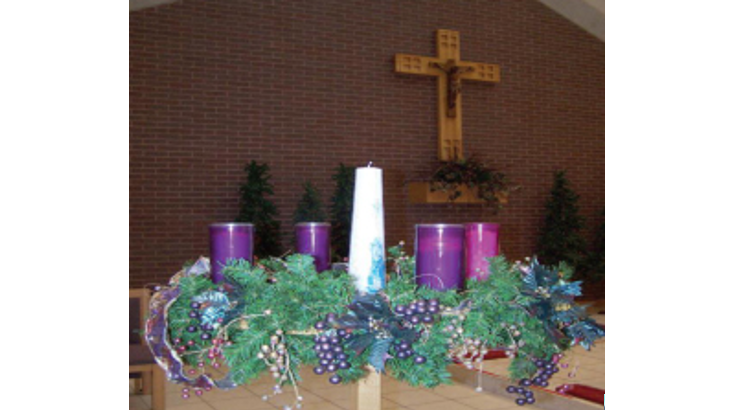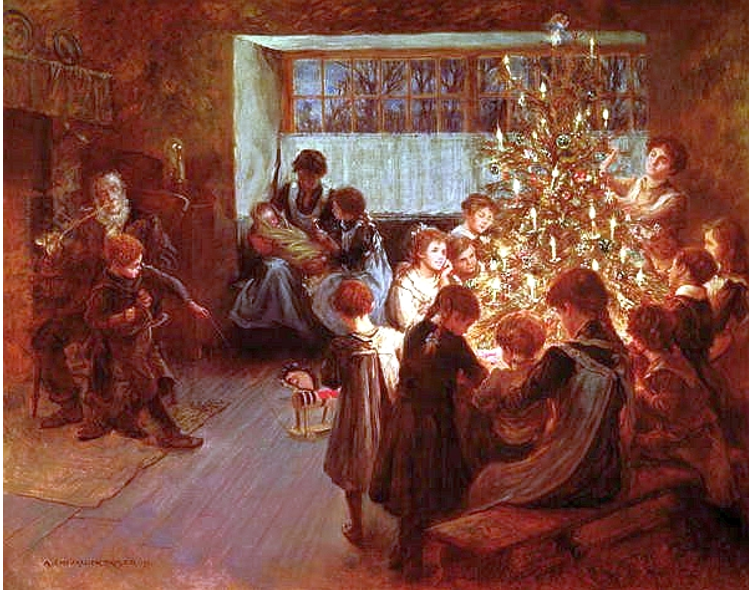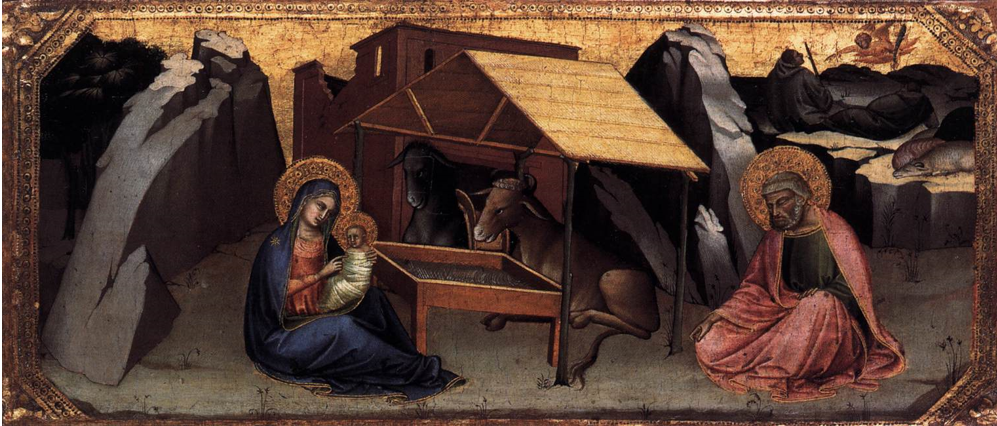(The author, Fr. Innocent sdb, is Principal, Christ King Higher Secondary School, Kohima, Nagaland.)
Advent, a season of expectation and preparation, holds profound historical and spiritual significance in the Christian tradition. It represents a time to reflect, recalibrate, and rediscover the essence of hope, peace, joy, and love amidst a world increasingly defined by speed, convenience, and moral relativism. As we delve into its history and meaning, we also explore its relevance in addressing the challenges posed by today’s cultural, technological, and societal shifts.
The Historical Roots of Advent
Advent originates from the Latin word adventus, meaning “coming” or “arrival.” This liturgical season, observed over the four weeks leading up to Christmas, prepares Christians to celebrate the birth of Jesus Christ while also anticipating His second coming.
Early Traditions
– The earliest records of Advent date back to the 4th and 5th centuries in the Western Christian Church. Originally, it was marked as a time of fasting, penance, and prayer, similar to Lent, and was associated with the preparation for the Epiphany.
– By the Middle Ages, Advent had shifted focus to the Nativity of Christ, integrating symbolic practices like lighting the Advent wreath and observing daily scripture readings.
The Meaning of Advent: A Season of Dual Anticipation
Advent calls believers to focus on two arrivals:
- The Incarnation of Christ: Celebrating the humility of God becoming man (John 1:14).
- The Second Coming: Awaiting Christ’s return as the righteous judge (Matthew 24:44).
This dual anticipation encourages a spirit of vigilance and hope, emphasizing that the Christian journey transcends the material and temporal.

The Symbolism of the Advent Wreath
– Four Candles: Represent hope, peace, joy, and love, lit progressively during the four Sundays.
– Evergreens: Symbolize eternal life, pointing to God’s unchanging nature.
– The Centre Candle (Christ Candle): Lit on Christmas Eve or Christmas Day, affirming Christ as the light of the world (John 8:12).
Advent in a Fragmented World
Our current age of hyper-materialism, rapid technological advancement, and cultural fragmentation starkly contrasts the contemplative nature of Advent. The ethos of Advent challenges these trends in several profound ways:
- Hope in an Era of Instant Gratification
Modern society’s addiction to quick fixes—from social media reels to disposable products—has cultivated impatience and anxiety. Advent reminds us of the virtue of waiting. The Prophet Isaiah’s words resonate here: “Those who wait for the Lord shall renew their strength” (Isaiah 40:31).
- Peace in a Divisive World
Aggressive tribalism and identity politics have fragmented communities globally. Advent’s message of peace—heralded by the angels at Christ’s birth (Luke 2:14)—urges reconciliation and unity in a polarized world.
- Joy Beyond Consumerism
The commercialization of the Christmas season can overshadow its spiritual essence. Advent invites Christians to rediscover joy not in possessions, but in Christ’s presence: “Rejoice in the Lord always” (Philippians 4:4).
- Love Amid Ethical Relativism
The erosion of universal moral standards, replaced by individualistic ethical relativism, undermines the Christian call to love and serve others selflessly. Advent emphasizes Christ’s sacrificial love as the model for human relationships (John 15:13).
Advent and Personal Reflection
In a world marked by artificial intelligence, e-sports culture, and the pursuit of personal happiness through customization, Advent provides a countercultural rhythm of slowing down and focusing inward. Here are three ways to embrace Advent meaningfully:
- Cultivate Silence and Reflection
Advent invites us to disconnect from the noise of technology and reconnect with God through prayer and scripture. Reflecting on passages like Psalm 46:10 (“Be still, and know that I am God”) can nurture spiritual depth.
- Practice Acts of Generosity
In a culture obsessed with accumulation, generosity is a radical act. Advent challenges us to embody Christ’s compassion by giving to those in need.
- Commit to Community
As ethnic and cultural divisions seep into the church, Advent encourages inclusive worship and fellowship, echoing the Apostle Paul’s reminder: “There is neither Jew nor Gentile… for you are all one in Christ Jesus” (Galatians 3:28).

Albert Chevallier Tayler: The Christmas tree (1911)/ Wikimedia commons
Reclaiming Advent’s Importance in the Global Context
In an era dominated by capitalism and diluted cultural values, the rediscovery of Advent can inspire both personal transformation and broader societal impact. Its countercultural emphasis on waiting, simplicity, and spiritual preparation offers a necessary antidote to the fast-paced, consumption-driven ethos of modern life.
Examples from Around the World
– In Germany, Advent markets blend tradition with community, preserving cultural heritage.
– In Scandinavian countries, Advent calendars encourage families to journey through the season with purpose.
– In regions where Christianity is customized by ethnic interpretations, Advent can unify diverse expressions of faith under a shared hope in Christ.
Conclusion: Advent as a Call to Transform the Present
Advent is more than a ritual or a countdown to Christmas; it is an invitation to realign with eternal truths. Its focus on Christ’s first and second comings confronts the fleeting nature of worldly pursuits, reminding believers of the enduring hope found in God.
In a world driven by quick solutions and superficial happiness, the practices of Advent—reflection, generosity, and worship—offer a path to lasting peace and joy. This Advent season, may we resist the tide of materialism and relativism, and rediscover the profound meaning of Emmanuel, “God with us” (Matthew 1:23).
Fr. Innocent sdb
Principal, Christ King Hr. Sec. School Kohima


